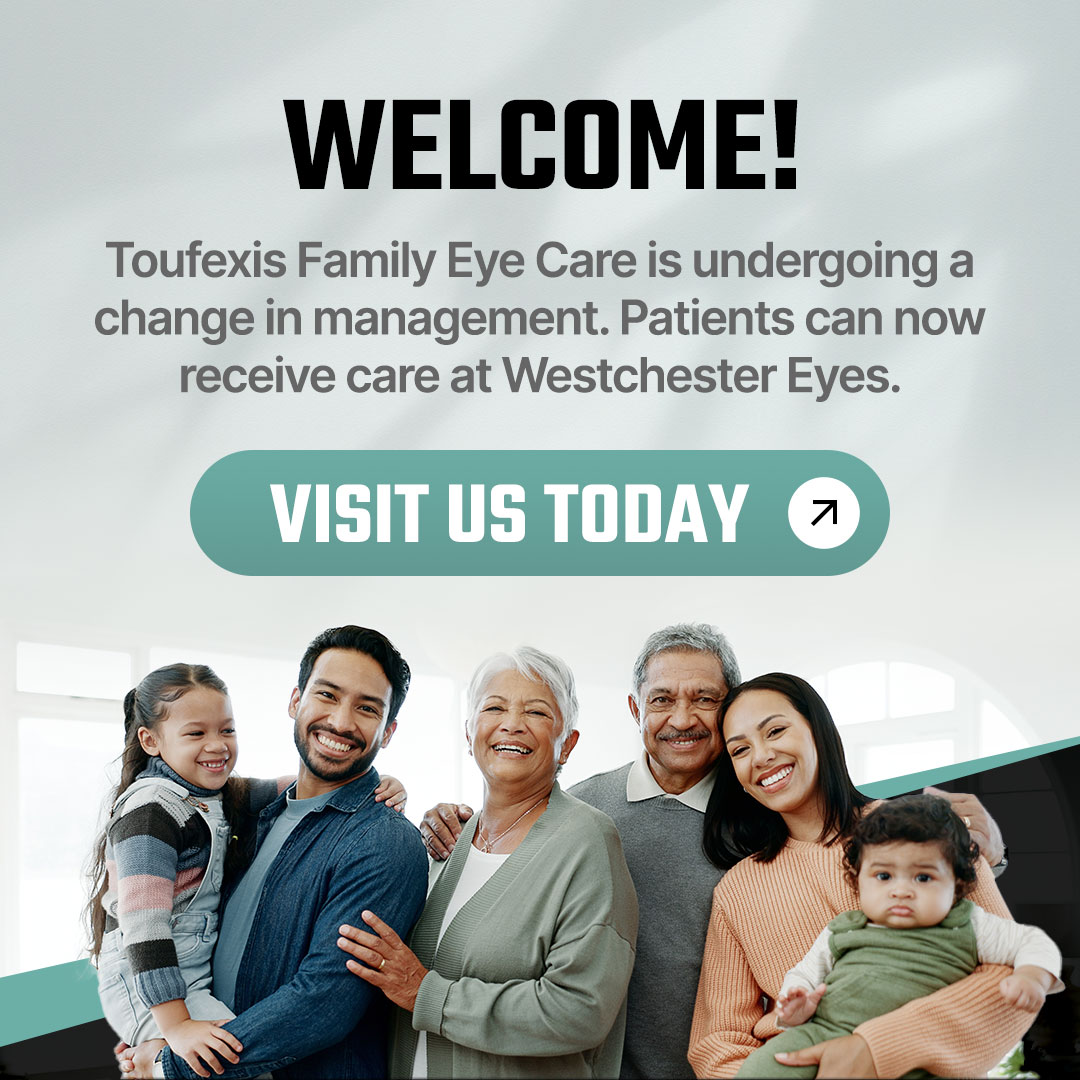
The world of vision disorders is vast and complex, with one of the most common being myopia, also known as nearsightedness. This condition can be a significant impairment to those who experience it, often making it difficult to perform everyday tasks. Essentially, myopia is a refractive error that results in objects far away appearing blurry, while those up close remain clear. The cause of this condition is often attributed to an elongated shape of the eye or a too curved cornea.
The prevalence of myopia has been increasing dramatically in recent years, particularly in younger generations. This trend has led to a greater focus on finding effective and sustainable solutions to manage myopia. Traditional options such as eyeglasses or contact lenses can help, but they merely manage the symptoms without addressing the underlying issue. The pursuit of other solutions has led to the development of more innovative approaches, one of which is corneal reshaping.
What is Corneal Reshaping Treatment (CRT)?
Corneal reshaping, also known as orthokeratology or Ortho-K, is a non-surgical procedure that utilizes specially designed gas permeable contact lenses to reshape the curvature of the cornea temporarily. This corneal correction treatment is generally performed overnight while the patient sleeps, allowing for clearer vision during the day without the need for glasses or contact lenses.
The primary goal of corneal reshaping treatment is to correct refractive errors such as myopia, hyperopia (farsightedness), and astigmatism. However, it has shown significant effectiveness specifically in the field of myopia correction. This procedure offers a promising alternative to conventional glasses or contact lenses, providing a more permanent and convenient solution for individuals suffering from myopia.
Process of Corneal Reshaping Correction Treatment
The process of corneal reshaping correction treatment begins with a comprehensive eye examination. This includes a detailed assessment of the patient's refractive error, the shape and health of the cornea, and the overall health of the eyes. Once the eye doctor has determined that the patient is a suitable candidate for CRT, they will take a highly precise map of the cornea using advanced imaging technology.
The next step involves the creation of the corneal reshaping lenses. These are custom-made based on the exact specifications of the patient's cornea, ensuring a perfect fit and the best possible results. Once the lenses are ready, the eye doctor will instruct the patient on how to insert, remove, and care for them.
How Do Corneal Reshaping Lenses work?
Corneal reshaping lenses work by applying gentle pressure to the cornea, causing it to adopt a more regular shape. This change in shape allows light entering the eye to focus correctly on the retina, leading to clearer vision. The effects of the lenses are temporary, meaning that the cornea will gradually return to its original shape once the lenses are removed. However, with regular use, the lenses can maintain the reshaped cornea, allowing for consistently clear vision without the need for daytime corrective eyewear.
These lenses are typically worn overnight, while the wearer sleeps. This allows for the reshaping to take place without any disruption to daily activities. On waking, the lenses are removed, and the wearer is able to see clearly throughout the day.
Benefits of Corneal Reshaping for Myopia Correction
When it comes to addressing myopia, corneal reshaping offers several significant benefits. First and foremost, it provides a temporary resolution to the refractive error, meaning that while you are not wearing the lenses, your vision will be clearer. This is especially beneficial for individuals who participate in sports, work in dusty environments, or simply dislike the inconvenience of wearing glasses or contacts.
Another significant benefit of corneal reshaping for myopia correction is its potential to slow the progression of myopia in children. Studies have shown that the use of corneal reshaping lenses can reduce the rate of myopia progression by up to 50%. This is a significant discovery, as higher levels of myopia can lead to more serious eye health issues later in life, including retinal detachment and glaucoma.
Correct Your Myopia with CRT Today
Corneal reshaping offers a promising option for the management and correction of myopia. With its potential to slow myopia progression and to provide clear daytime vision without the need for glasses or contact lenses, it represents a significant advancement in the field of optometry. As with any eye treatment, it's essential to consult with an experienced eye care professional to determine if corneal reshaping is the right solution for you or your child. Remember, taking care of our vision is a lifelong commitment, and it's never too early or too late to start.
For more information on corneal reshaping treatment (CRT) for myopia correction, contact Westchester Eyes at our clinic in Yonkers, New York, for an in-person consultation. We provide high-quality eye care products and services. Call 914-586-EYES (3937) to set an appointment today.









